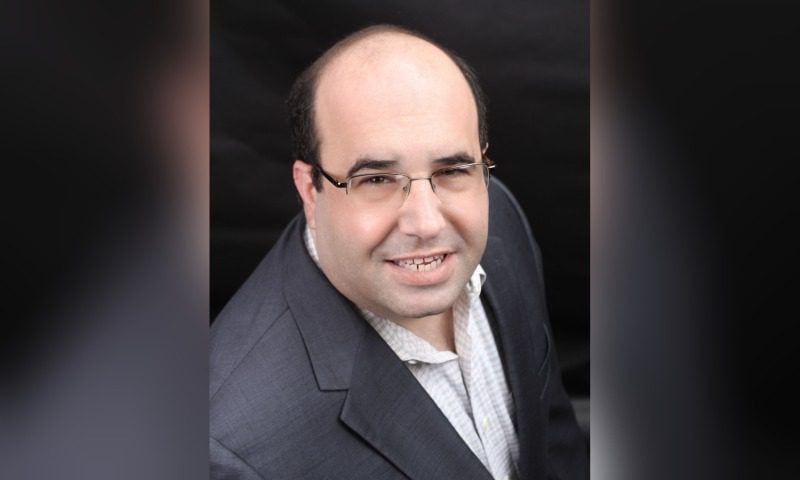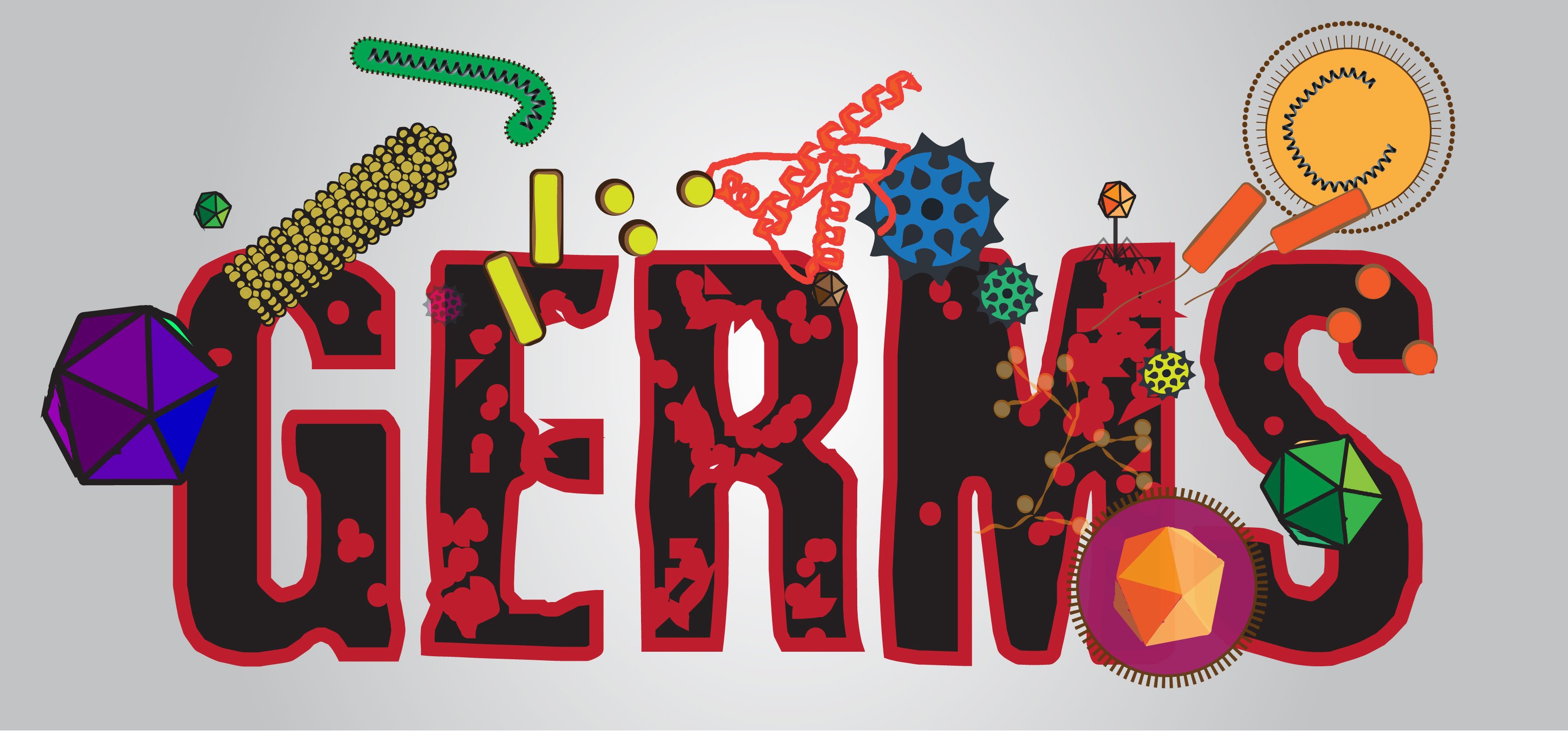The number one selling archery book on Amazon.com over the years has been Zen in the Art of Archery, written by a German, Eugen Herrigel, in 1948 based upon the authors experiences in Japan in the 1920s. I have...
The number one selling archery book on Amazon.com over the years has been Zen in the Art of Archery, written by a German, Eugen Herrigel, in 1948 based upon the authors experiences in Japan in the 1920s.
I have read the book, as I assume many of you have, but then ran across an interesting paper, originally published in the Japanese Journal of Religious Studies in 2001. The articles author thoroughly debunks the Zen components of the book. Here is a taste:
Herrigels teacher, Awa Kenző. At the time Herrigel began learning the skill, Awa was just beginning to formulate his own unique ideas based on personal spiritual experiences. Awa himself had no experience in Zen nor did he unconditionally approve of Zen.
and . . .
The paper goes on to critically analyze two important spiritual episodes in Zen and the Art of Archery. What becomes clear through this analysis is the serious language barrier existing between Awa and Herrigel. The testimony of the interpreter, as well as other evidence, supports the fact that the complex spiritual episodes related in the book occurred either when there was no interpreter present, or were misinterpreted by Herrigel via the interpreters intentionally liberal translations. Added to this phenomenon of misunderstanding, whether only coincidental or born out of mistaken interpretation, was the personal desire of Herrigel to pursue things Zen. Out of the above circumstances was born the myth of Zen in the Art of Archery.
The paper is widely available on the Internet so you should be able to find a copy of it with little trouble. If you are a curious fellow, like me (I hate getting things wrong), you will enjoy he read.








